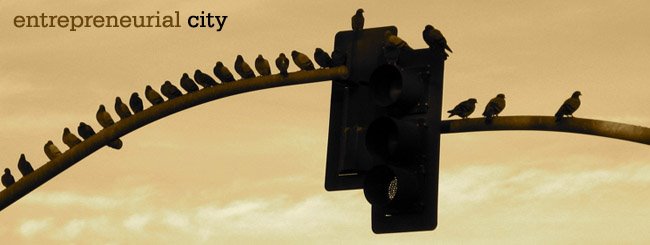
Bertolucci's first film, La Commare Secca, gives us the Italian take on Kurosawa's Rashoman. Here, a prostitute has been murdered on the bank of the Tiber and we listen to police interrogate five men: a thief, a middle-aged pimp, a soldier on furlough, an unemployed vagrant, a young lover of gnocchi--all of whom were seen at the park where she solicits on the day of her murder. The film is five mini films on how time was passed for five lives in the rainy afternoon before which a woman was murdered for her purse.
The title of the film gets translated into English as "The Grim Reaper" but something has been lost here. Commare secca is a term you will only hear in Rome and is indeed the unique name this region gives to death, but it is important to note the literal translation of commare secca is 'dry housewife.' Quiet opposite of a prostitute, and this play on words is significant for everything the movie seemed to signal to its own unique historical moment.
In 1962, its quite clear the film wanted to say something--in as poetic a way as possible--about how a murder could occur in the same afternoon trajectory as say, a soldier fell asleep on a park bench, a boy was beaten for stealing, a man curses his outsmarting ex-girlfriend. Life is flimsy and short for most of those outside the camera's eye.
We know this story all too well by now and the film no longer holds its punch in terms of its intended political commentary. But what does stand out is not so much the point that life is a slow or quick death for those outside the middle class, but rather the fact that a filmmaker once set out to present this grim truth in such a lyrical manner. The dancing curtains of rain, the perpetually moving camera, the comb through the hair, the timing of that acoustic guitar, brings all these small stories forth into an enormous and fundamental surplus of life's ubiquitous dimming resonance.
Minger and I talk of branching EC out into a radio documentary podcast in which we interview various people in the bay area. What would the Silicon Valley version of a 'dry housewife' be? How does daily life here relate to daily death and, if it does, what role, if any, would 'style' serve to represent this relationship?
Because 'style' or 'innovation' is deeply active in Silicon Valley, not so much by its filmmakers and writers, but rather through the convictions of its managers. The defense of craft and freedom of creativity is voiced loudest by SV's corporations and new humanistic management theories which encourages high levels of autonomy and self-development as a crucial component of any lucrative firm. Then: we have to face the fact that humanism, as it has been invented and smuggled into American society largely by English and philosophy departments of the late nineteenth century, is most actively brandished today by the corporate world. The entrepreneur in Silicon Valley carries the torch the English department once did for the university. Humanism is alive and well, it has simply been channeled toward market innovation. Managers, it seems, have all remembered that one day they (their product) too will die, and therefore fun needs to be part of the production process so that they may live again. In which case it is not the Grim Reaper and our relation to death that measure the absurdity of these days, but our relationship to a now vanished, even among the subcultures, way of living. Most bluntly, how does one dare today to even begin to explicate the practical public value of labor that lacks a marketable product? 'La Commare Secca' of Silicon Valley is the rather hilarious, if it wasnt so pathetic, position of any professor of humanities.




1 comment:
"...an enormous and fundamental surplus of life's ubiquitous dimming resonance."
DUDE. Totally.
(I'm gonna think about that phrase some more when I'm awake.)
Post a Comment